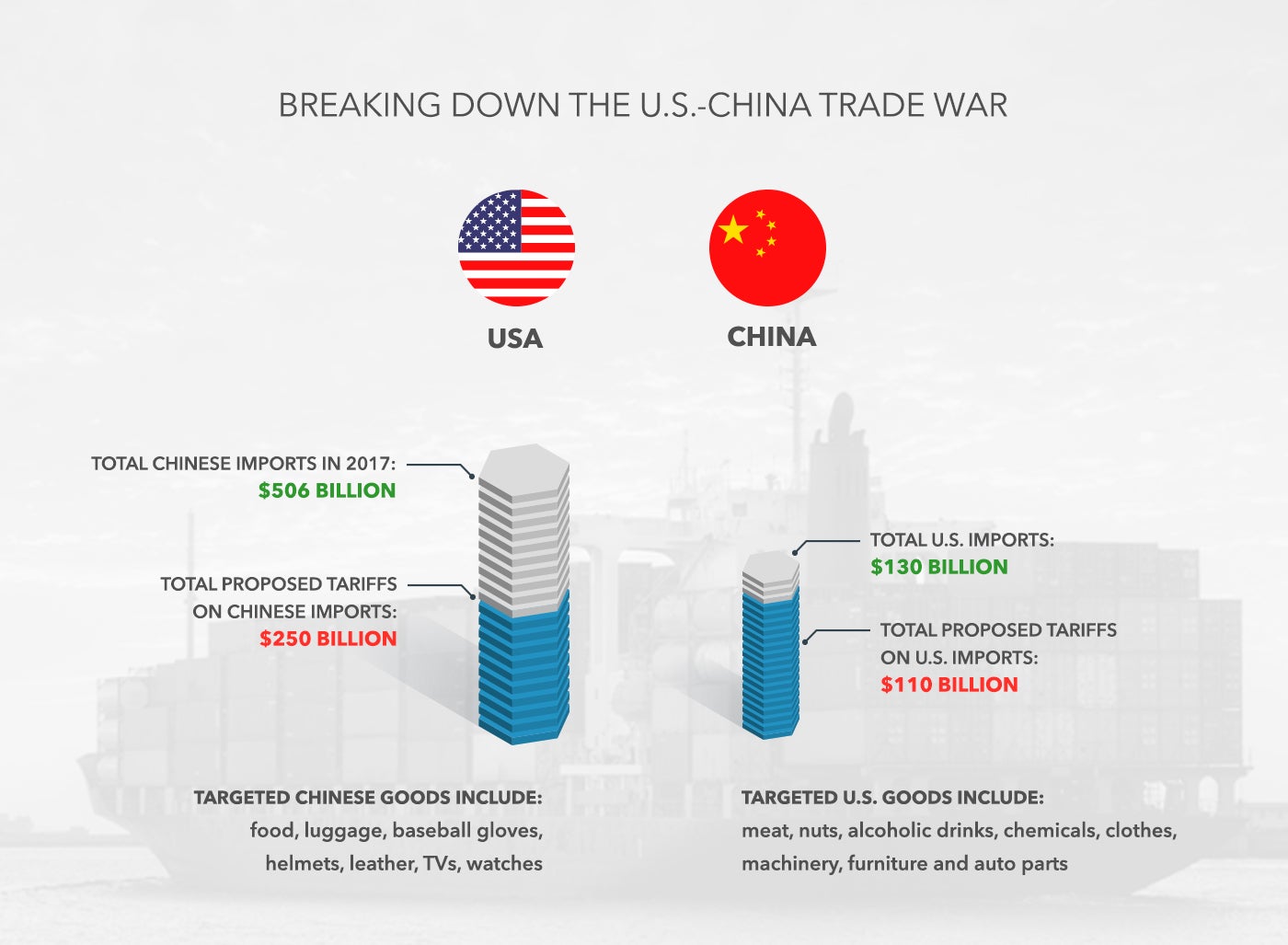The Ethics Of Wildfire Betting: The Los Angeles Case Study

Table of Contents
The Growing Market of Wildfire Betting
What is Wildfire Betting?
Wildfire betting encompasses various speculative activities centered around wildfires. This could involve predicting the location of the next wildfire outbreak, estimating the acreage burned, forecasting the duration of a fire's lifespan, or even wagering on the severity of the damage caused. While no established, regulated markets for such bets currently exist, the potential for clandestine or unregulated gambling activities presents significant concerns.
The Appeal of Wildfire Betting
The allure of wildfire betting lies in several factors. Some might be drawn to the thrill of predicting unpredictable natural events, while others see potential profit in a seemingly niche market. The perceived low risk – particularly for those betting on less intense fires – might also contribute to its appeal.
- Examples of potential (and illegal) methods: Informal betting pools amongst individuals, online forums discussing wildfire predictions (potentially with associated, unregulated betting), and even hypothetical scenarios played out on social media.
- Market Growth Statistics: Precise data on the scale of wildfire betting is difficult to obtain due to its clandestine nature. However, anecdotal evidence suggests a rise in online discussions and social media activity surrounding wildfire predictions, raising concerns about the potential for related gambling.
- Legal Grey Areas: The lack of specific legislation addressing wildfire betting leaves a substantial legal grey area, making it difficult to prosecute those engaging in illegal activities.
The Ethical Concerns of Wildfire Betting in Los Angeles
The Human Cost
The most significant ethical concern surrounding wildfire betting is the profound disregard for the human cost. Profiting from the devastation caused by wildfires – loss of life, homes, displacement, and trauma – is morally reprehensible. The anguish experienced by those affected is deeply amplified by the knowledge that others may be profiting from their misfortune.
Environmental Impact
Wildfire betting ignores the catastrophic environmental consequences of these blazes. The destruction of habitats, biodiversity loss, air pollution, and long-term effects on the ecosystem are all overlooked in the pursuit of financial gain. This callous disregard for environmental damage is a major ethical failing.
The Role of Insurers and Reinsurers
Wildfire betting could destabilize the insurance market. Increased payouts due to catastrophic fire events could significantly impact insurance costs for Los Angeles residents, potentially rendering insurance unaffordable for many. This could also have serious repercussions for reinsurers who cover a large portion of wildfire-related insurance claims.
- Devastating Wildfires in Los Angeles: The Station Fire (2009), the La Tuna Fire (2017), and the recent Woolsey and Getty fires illustrate the scale of destruction and the immense human suffering caused by wildfires.
- Economic and Social Costs: The economic losses due to wildfire damage in Los Angeles include property destruction, business interruption, healthcare costs associated with smoke inhalation, and the cost of firefighting and recovery efforts. The social cost involves displacement, community disruption, and lasting psychological trauma.
- Potential Legal Ramifications: While specific laws addressing wildfire betting may be lacking, existing gambling legislation and potential charges related to fraud or profiting from misfortune could be applied in certain circumstances.
Regulation and Prevention
Current Legal Frameworks
Existing gambling laws in California and other jurisdictions primarily focus on regulated forms of gambling. They largely fail to address the unique circumstances and ethical issues surrounding wildfire betting. A significant gap in legislation exists.
Proposed Solutions
To mitigate the ethical concerns associated with wildfire betting, several measures are necessary:
- Strengthening existing gambling regulations: Broadening the scope of existing legislation to encompass speculative activities related to natural disasters.
- Developing specific legislation: Creating new laws explicitly prohibiting wildfire betting and related activities.
- Increased monitoring and enforcement: Strengthening law enforcement's capacity to detect and prosecute individuals involved in illegal wildfire betting.
The Role of Public Awareness
Raising public awareness about the ethical implications of wildfire betting is crucial. Educational campaigns can emphasize the human and environmental costs of such activities, promoting responsible behavior and social awareness.
- Potential Legal Changes: Closing legal loopholes and strengthening penalties for those engaging in unethical practices.
- Public Awareness Campaigns: Collaborating with media outlets and community organizations to spread awareness.
- Role of Government Agencies: California's Department of Forestry and Fire Protection (CAL FIRE) and other relevant agencies should play a role in educating the public and supporting legal efforts.
Conclusion
The ethical implications of wildfire betting are profound and cannot be ignored. The Los Angeles case study highlights the urgent need for responsible action. Profiteering from the devastation and suffering caused by wildfires is morally reprehensible and potentially destabilizing for the insurance market and the community at large. We must strive for increased public awareness, stronger regulations, and a collaborative effort to prevent the further normalization of wildfire betting and similar practices. Let's work together to ensure that the devastation of wildfires is not exploited for personal gain. The responsible path is clear – let’s actively discourage and prohibit wildfire betting and similar practices.

Featured Posts
-
 Geen Tbs Voor Erasmusschutter Fouad L De Reden Achter De Levenslange Gevangenisstraf
May 02, 2025
Geen Tbs Voor Erasmusschutter Fouad L De Reden Achter De Levenslange Gevangenisstraf
May 02, 2025 -
 Lotto Results Get The Latest Numbers For Lotto Plus 1 And Lotto Plus 2
May 02, 2025
Lotto Results Get The Latest Numbers For Lotto Plus 1 And Lotto Plus 2
May 02, 2025 -
 Trumps Tariffs A Judges Reviewability Challenge
May 02, 2025
Trumps Tariffs A Judges Reviewability Challenge
May 02, 2025 -
 Remembering A Dallas Great Passing At 100
May 02, 2025
Remembering A Dallas Great Passing At 100
May 02, 2025 -
 David Tennant And The Max Harry Potter Series A Look At His Potential Return
May 02, 2025
David Tennant And The Max Harry Potter Series A Look At His Potential Return
May 02, 2025
